If you’ve noticed Rwanda becoming increasingly popular on travel itineraries recently, your observation is accurate. From its verdant national parks to its bustling urban scenes and spectacular wildlife encounters, Rwanda is experiencing quite a resurgence. However, for LGBTQIA+ tourists, the situation presents both challenges and promise.
Before planning that exciting gorilla trekking trip or enjoying a cup of coffee in Kigali, get the scoop on how LGBTQIA+ travelers experience Rwanda.
Is Rwanda LGBTQIA+-Friendly?
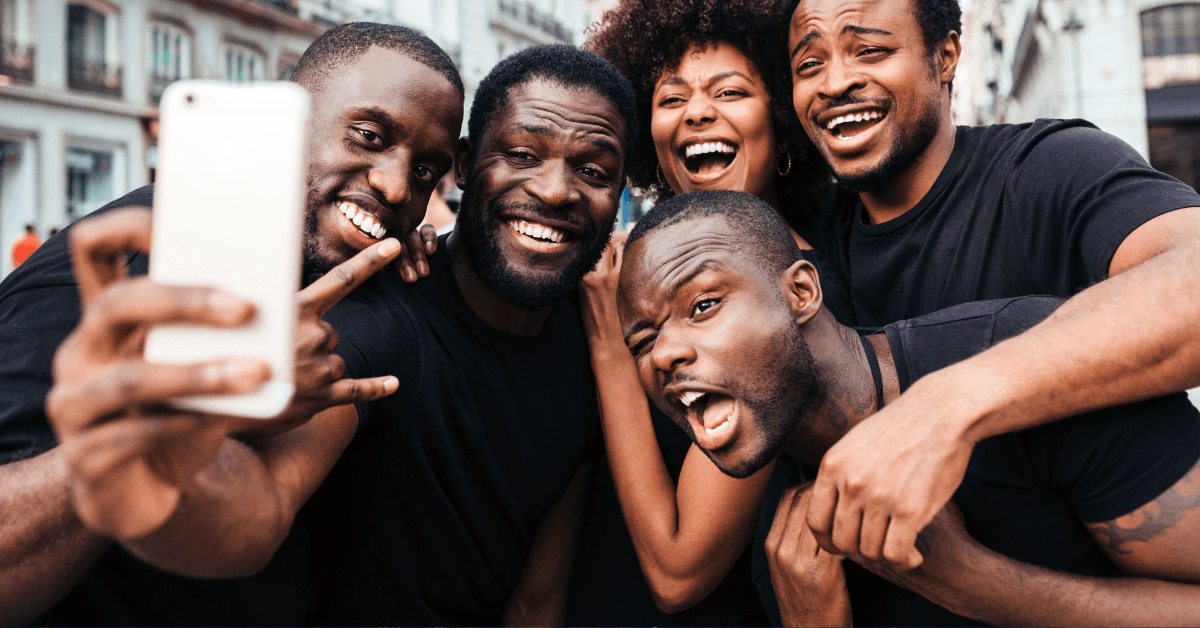
Let’s begin with the fundamentals. In Rwanda, consensual same-sex activities are legal, and the age of consent remains consistent across all genders. This places Rwanda above several surrounding nations where individuals in the LGBTQIA+ community can still encounter criminal sanctions simply for their existence.
Nevertheless, due to the ubiquitous “nevertheless,” there aren’t explicit anti-discrimination provisions covering sexual orientation or gender identity. Recognition of marriage equality also doesn’t apply. The Rwandan constitution explicitly states that marriage can only be between a man and a woman. Thus, although you won’t face legal repercussions for an open LGBTQIA+ lifestyle in Rwanda, comprehensive legal safeguards are still lacking.
Social Acceptance: What’s the Actual Atmosphere?
In Kigali, the capital of Rwanda, there is a gradual yet noticeable move towards greater inclusivity. Younger demographics and globally oriented enterprises—such as chic hotels, modern cafes, and eateries—are discreetly fostering more welcoming environments. This change can be sensed in the atmosphere, though we wouldn’t describe it as fully embracing just yet.
safe haven
at the present moment.
Away from Kigali and the main tourist areas, Rwanda remains quite traditional. Expressions of love or intimacy, regardless of sexual orientation, are typically not well-received throughout the country. Therefore, LGBTQIA+ visitors should avoid public shows of affection and be discreet with their interactions, adapting to the local atmosphere as needed.
In essence: safety doesn’t typically dominate the daily worries of most travelers, yet being aware and exercising caution will consistently serve you well.
Key Reminder: Safety Is Not Always Assured
Although Rwanda has progressed, it still faces occasional events that expose inherent prejudices. For instance, in 2017,
prominent
Ugandan LGBTQIA+ advocate Kasha Jacqueline Nabagesera was detained upon arrival at Kigali International Airport and formally accused of “being drunk and displaying improper conduct.”
A lot of people believed that her arrest had less to do with how she acted and more to do with who she is and the attention she gets. Despite being freed afterward, her experience serves as a warning that even in fairly “secure” nations, LGBTQ+ tourists may encounter prejudice.
Narratives such as Kasha’s highlight why being well-informed is crucial—not to frighten you, but to equip you with knowledge for traveling wisely.
Why LGBTQIA+ Travellers Continue to Be Attracted to Rwanda
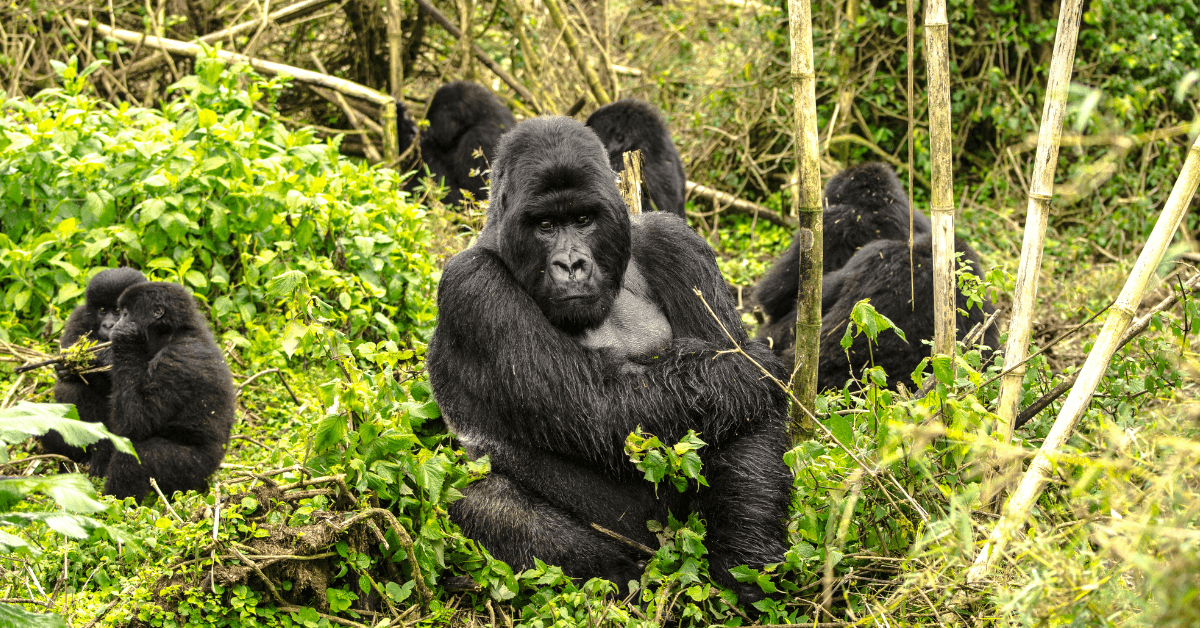
Even with these subtleties, LGBTQIA+ tourists are becoming enchanted by Rwanda’s allure and essence.
country’s political stability
The focus on eco-tourism and once-in-a-lifetime experiences (like gorilla trekking) is a significant attraction. Additionally, Rwanda is increasingly catching the attention of LGBTQIA+ travelers online, highlighting that queer individuals belong everywhere—not merely in particular urban areas.
Rwanda also
signed
A declaration from the United Nations denouncing violence towards LGBTQIA+ people, indicating a certain dedication to human rights, despite societal views on the ground continuing to change.
Advice for LGBTQIA+ Travellers Visiting Rwanda
-
Stay in Reputable Hotels:
In Kigali, international chains, luxurious lodges, and trendy boutiques generally offer the warmest welcomes and positive experiences. As an added bonus, they’re typically quite impressive visually. -
Know Your Resources:
Review the UK Foreign & Commonwealth Office
FCO
) website offering specific travel guidance for LGBTQIA+ visitors to Rwanda. The International Lesbian, Gay, Bisexual, Trans, and Intersex Association (
ILGA
) provides excellent global LGBTQIA+ rights maps along with regular country updates. Additionally, there’s another website titled
Equaldex
That provides you with a brief overview of LGBTQIA+ rights globally. -
Connect with LGBTQIA+ Circles:
Rwanda’s LGBTQ+ community is low-key but thriving, particularly in Kigali. Check out online forums and keep an eye on social media influencers for more information.
living in Rwanda, and take a look
travel groups
familiar with the area. -
Trust Your Instincts:
If a place doesn’t seem correct, it likely isn’t. Utilize the same intuition you would rely on elsewhere globally.
If you’re seeking your next thrilling escapade and desire a place that is breathtaking, emotionally resonant, and relatively secure, consider adding Rwanda to your itinerary. While traveling as part of the LGBTQIA+ community often involves specific considerations, thorough research, proper planning, and engagement within supportive networks allow you to fully appreciate all that Rwanda has to share.
Your uniqueness, your sense of self, your genuine essence—all of that should witness the world. Rwanda inclusive.
Have you been to Rwanda or thinking about visiting? Feel free to share your insights, stories, or queries in the comments section—we can all learn from and motivate one another.

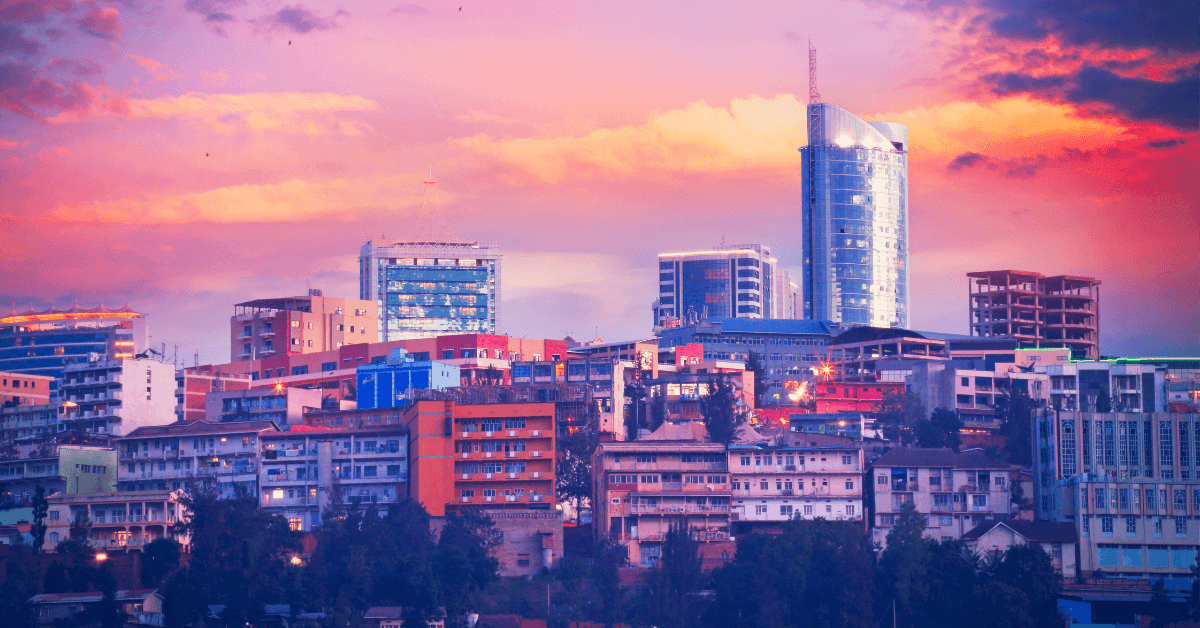




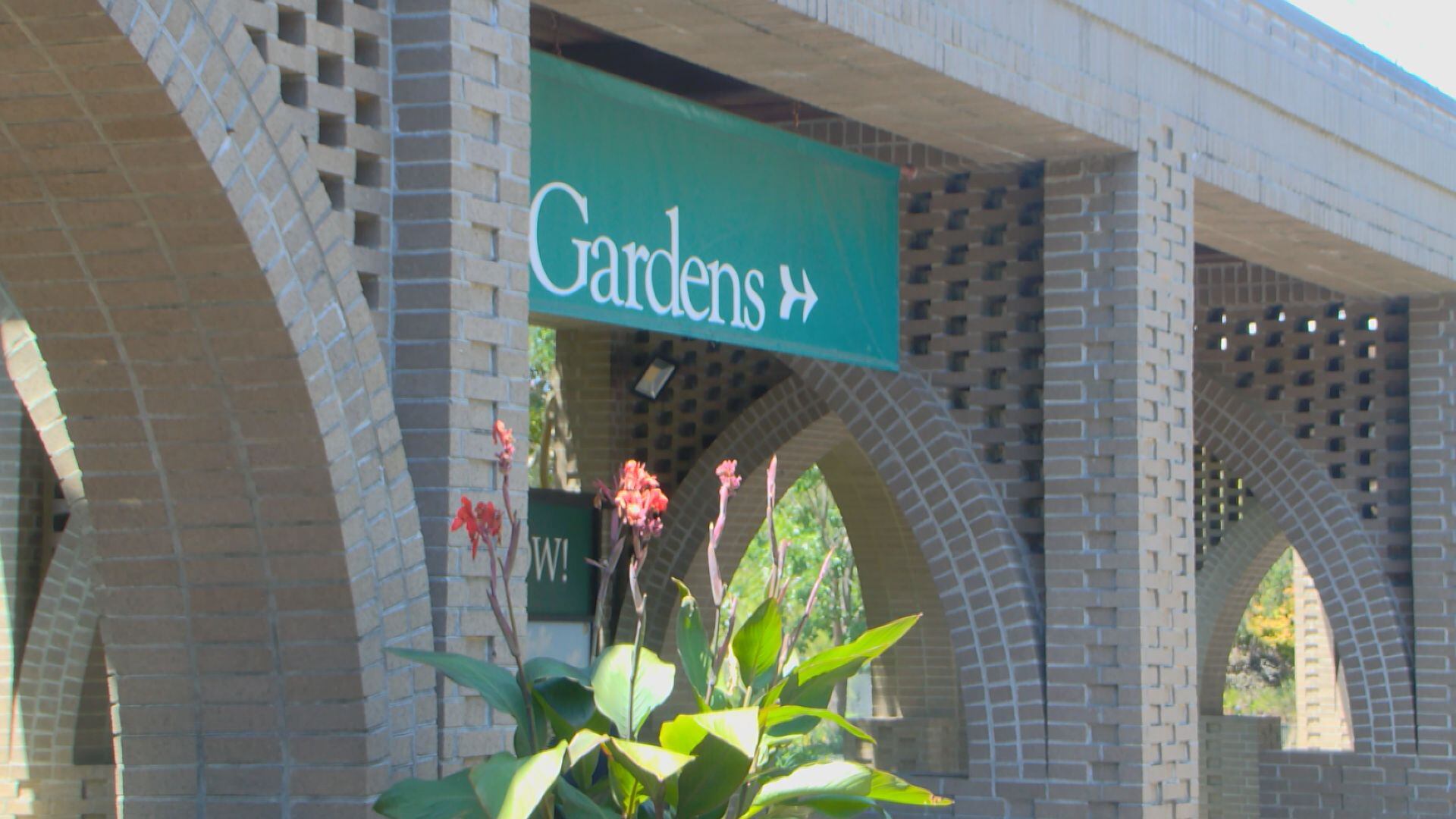
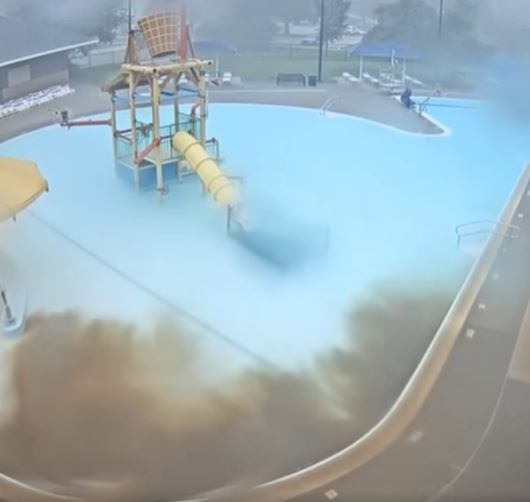
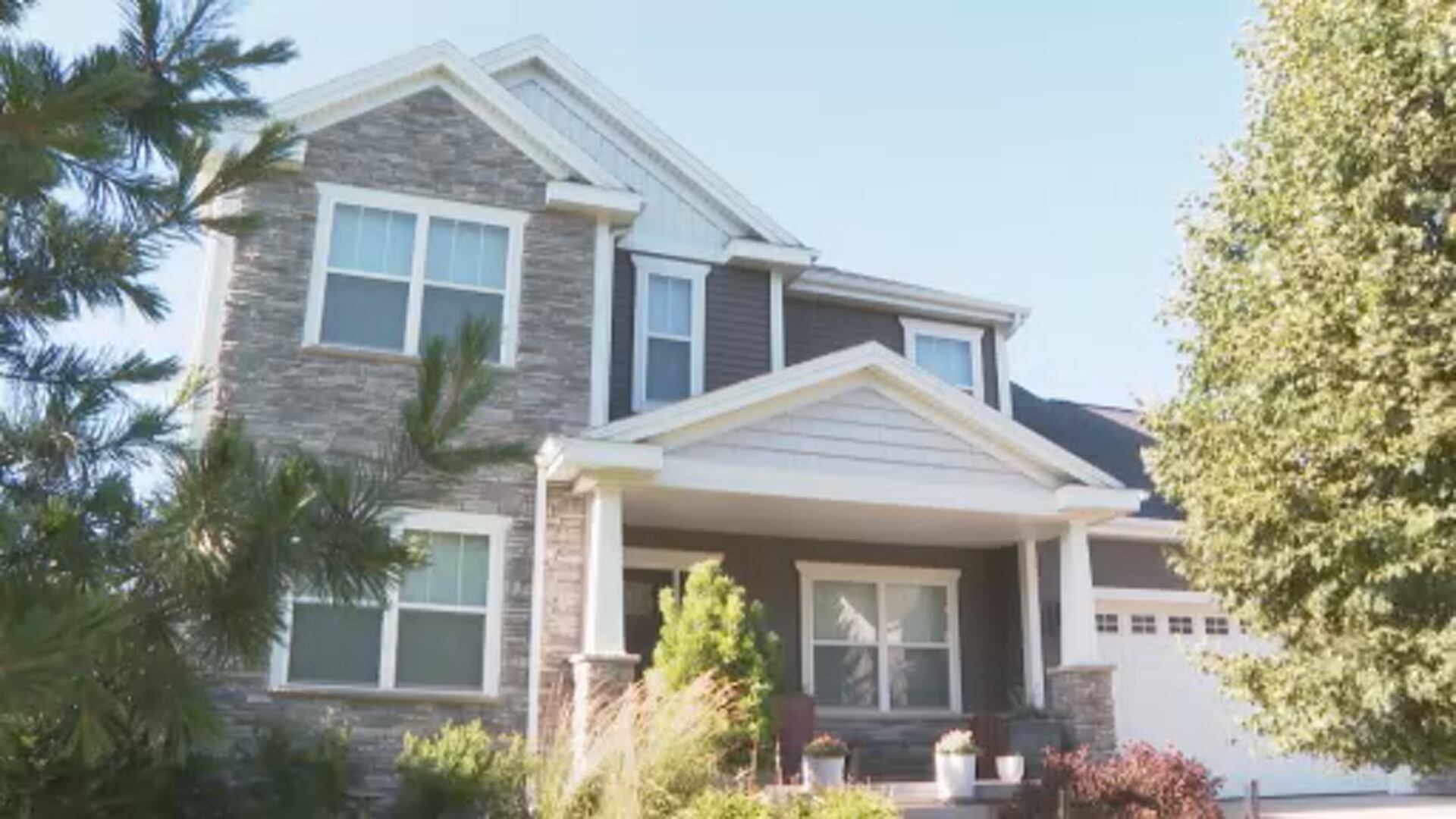
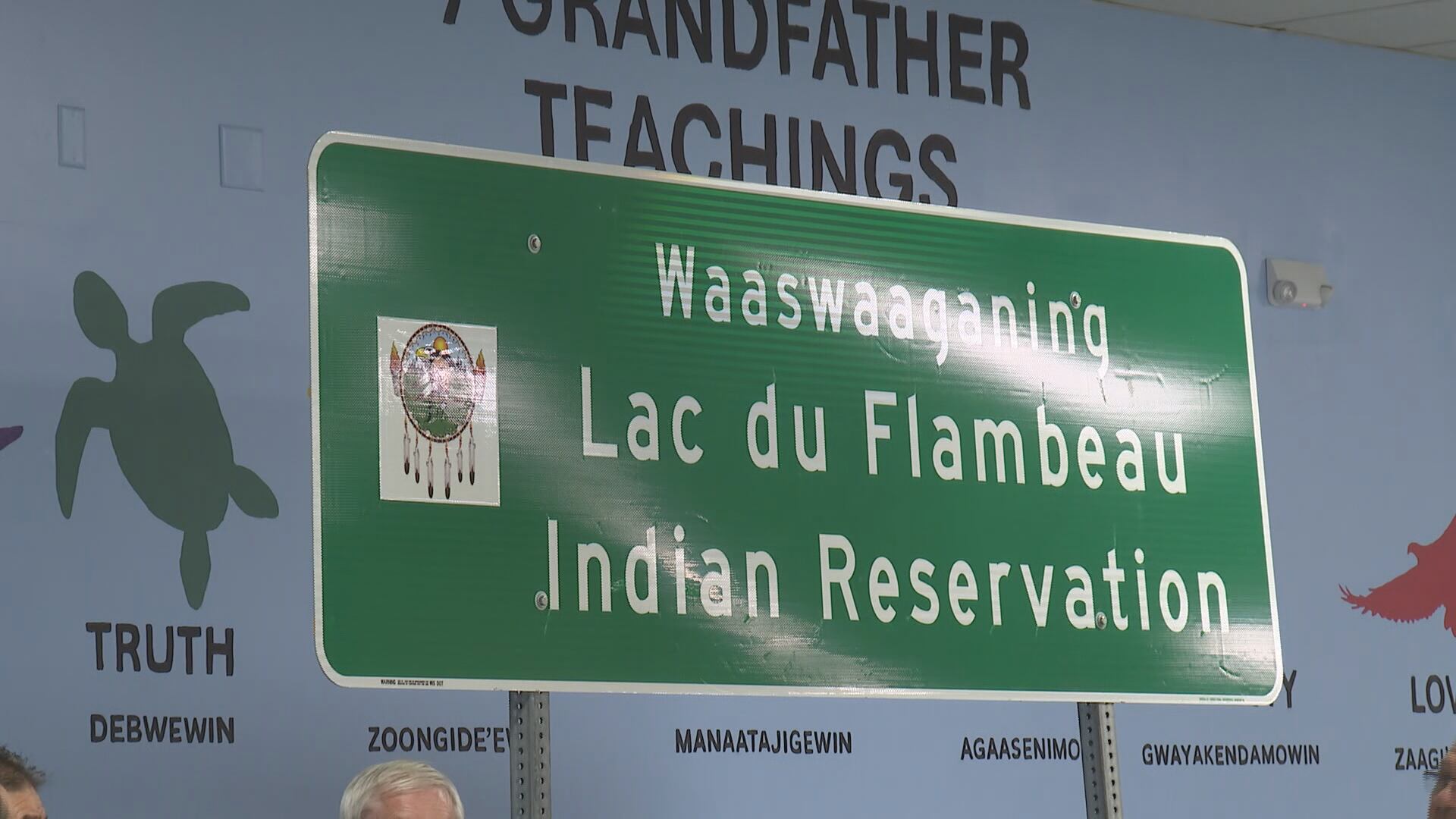
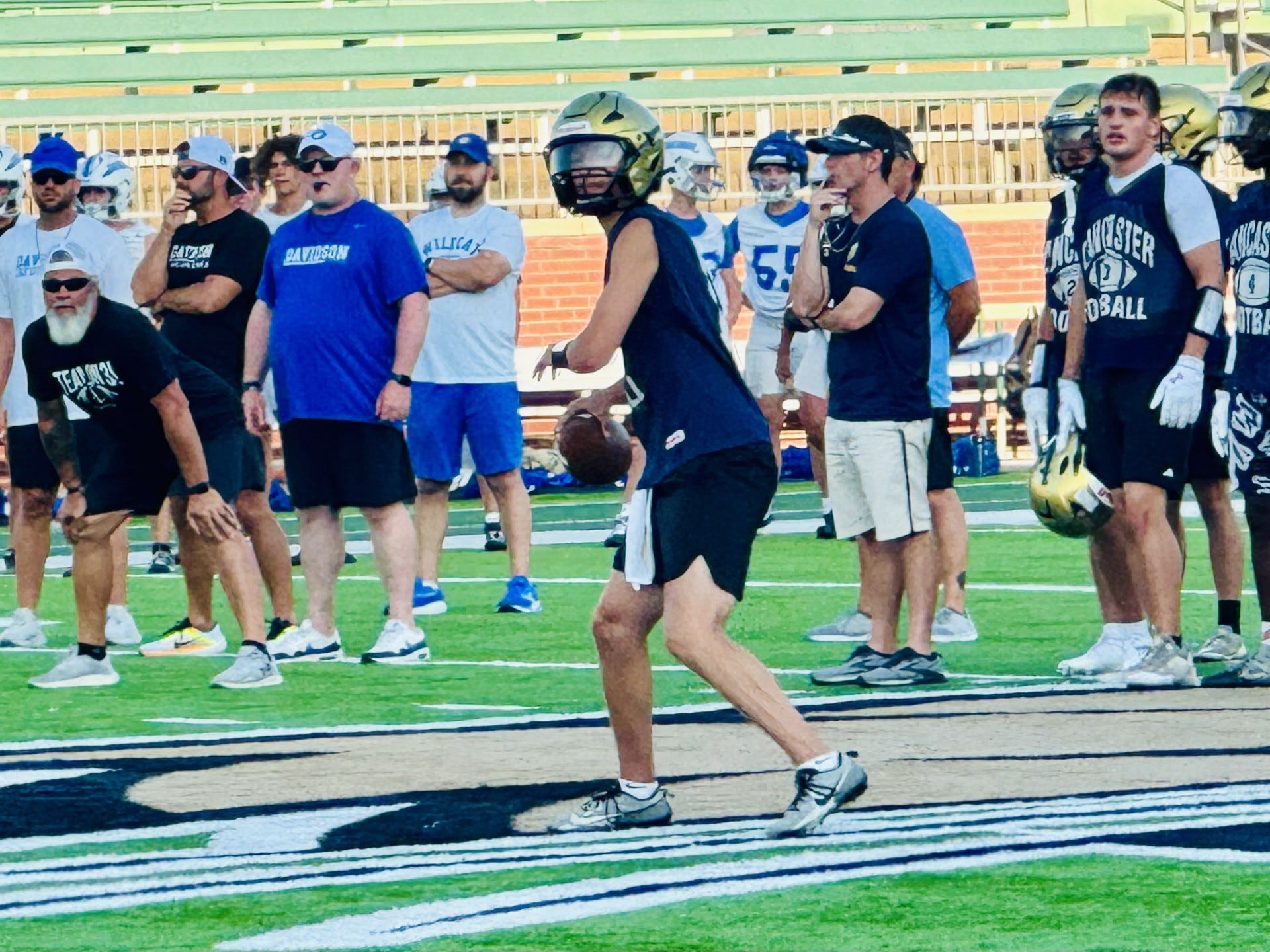

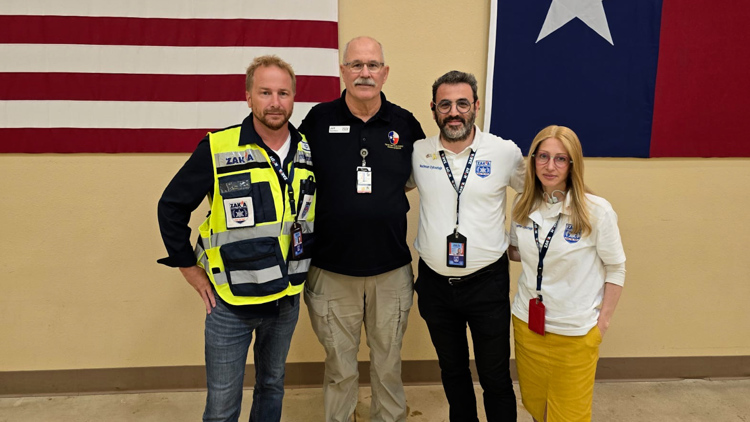
Leave a Reply